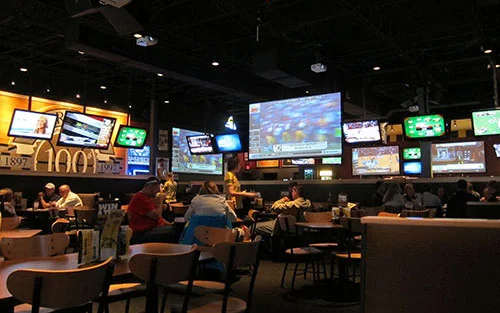The Impact of Security CCTV on Deterring Criminal Activity and Improving Community Security
Wiki Article
Security video cameras have become a frequent sight in many neighborhoods, schools, and businesses. Their presence is often linked with increased safety and a decrease in criminal activity. The primary function of these cameras is to monitor actions in open areas, which can help deter criminal behavior. When possible offenders see a surveillance device, they may consider again before committing a crime, realizing that their actions are being recorded. This preventive effect is one of the main motivations why communities invest in monitoring technology.
Research has shown that locations fitted with security devices often see a decrease in illegal behavior. For instance, research indicate that communities with visible surveillance systems report less incidents of property damage, burglary, and other crimes. This decrease can be attributed to the greater chance of being caught on video, which serves as a strong motivator for people to avoid illegal actions. Additionally, the existence of surveillance systems can enhance the sense of safety among residents, making them more prone to engage in community events and feel secure in their surroundings.
In addition to preventing criminal activity, security cameras can also play a crucial part in investigating offenses that do happen. When a crime is committed, video from surveillance cameras can provide important proof for police. This evidence can help identify suspects, establish chronologies, and explain the circumstances of an incident. As a result, security cameras not only help prevent crime but also assist you could look here in the inquiry and legal action of criminals. This twofold role makes them an essential resource for maintaining community safety.
Moreover, the use of surveillance devices can foster a sense of accountability among neighborhood residents. When individuals know they are being watched, they may be less likely to participate in undesirable actions, such as littering or loitering. This increased accountability can lead to a more respectful and responsible community atmosphere. Furthermore, security cameras can encourage positive engagements among community members, as they may feel more at ease realizing that their neighborhood is being watched for security.
While surveillance devices offer many benefits, it is crucial to take into account privacy concerns. Some people may feel uncomfortable with the concept of being continuously watched. Therefore, it is vital for neighborhoods to find a compromise between security and personal rights. Transparent policies on the implementation of surveillance devices, including the locations they are installed and how the video is managed, can help mitigate these issues. By encouraging transparent dialogue and clarity, communities can guarantee that surveillance devices serve their intended purpose of enhancing safety while respecting individual rights.
